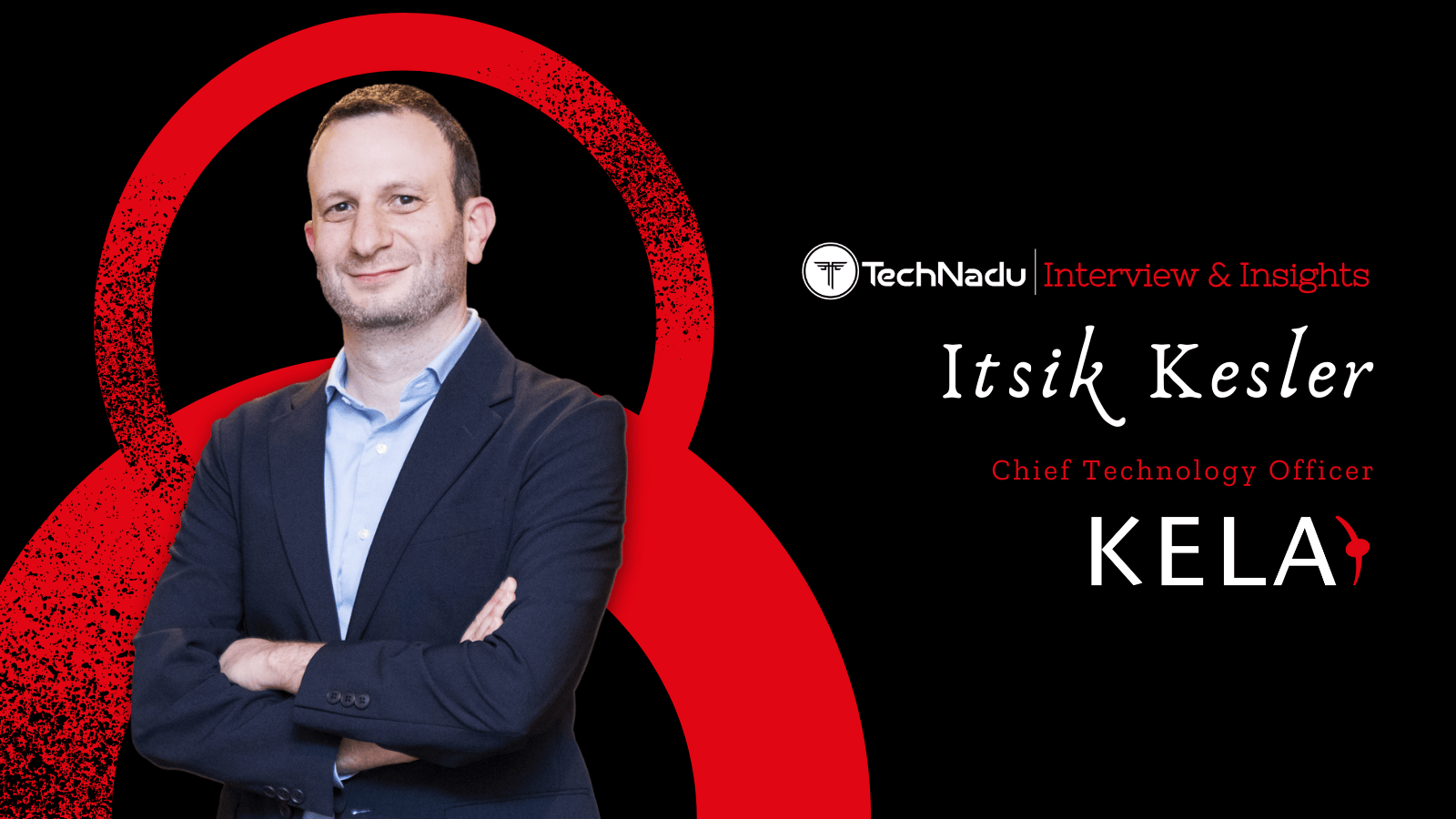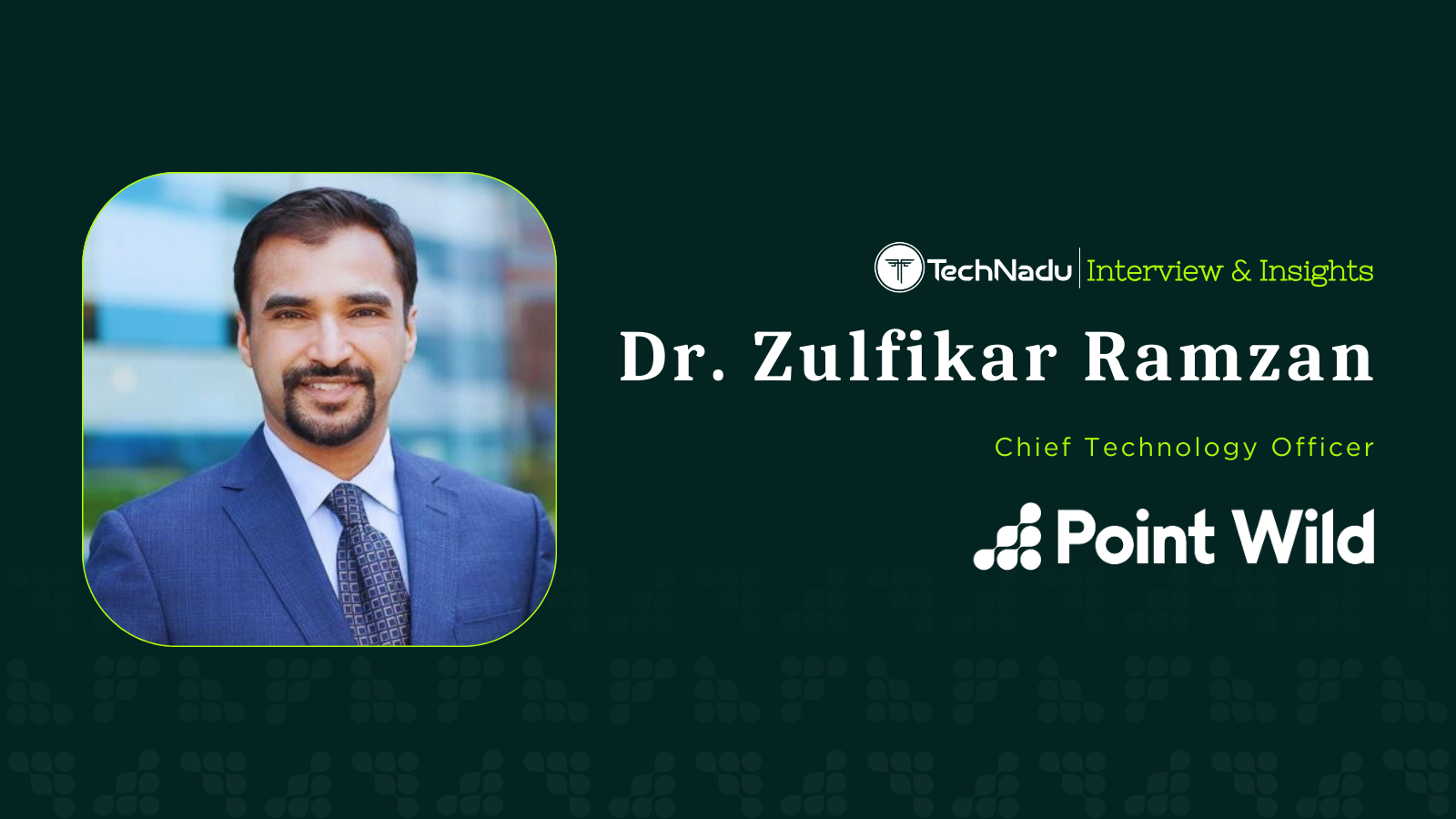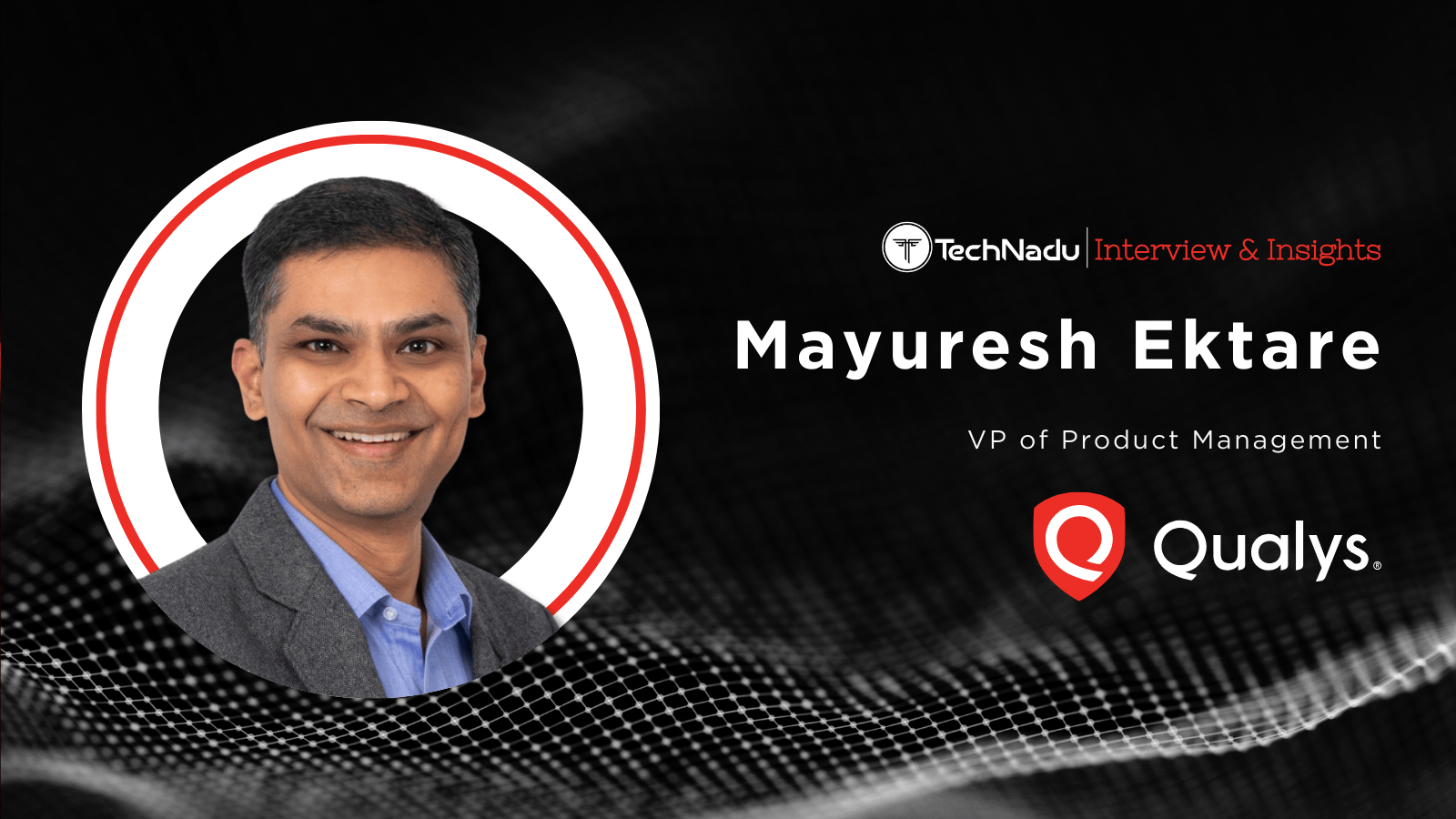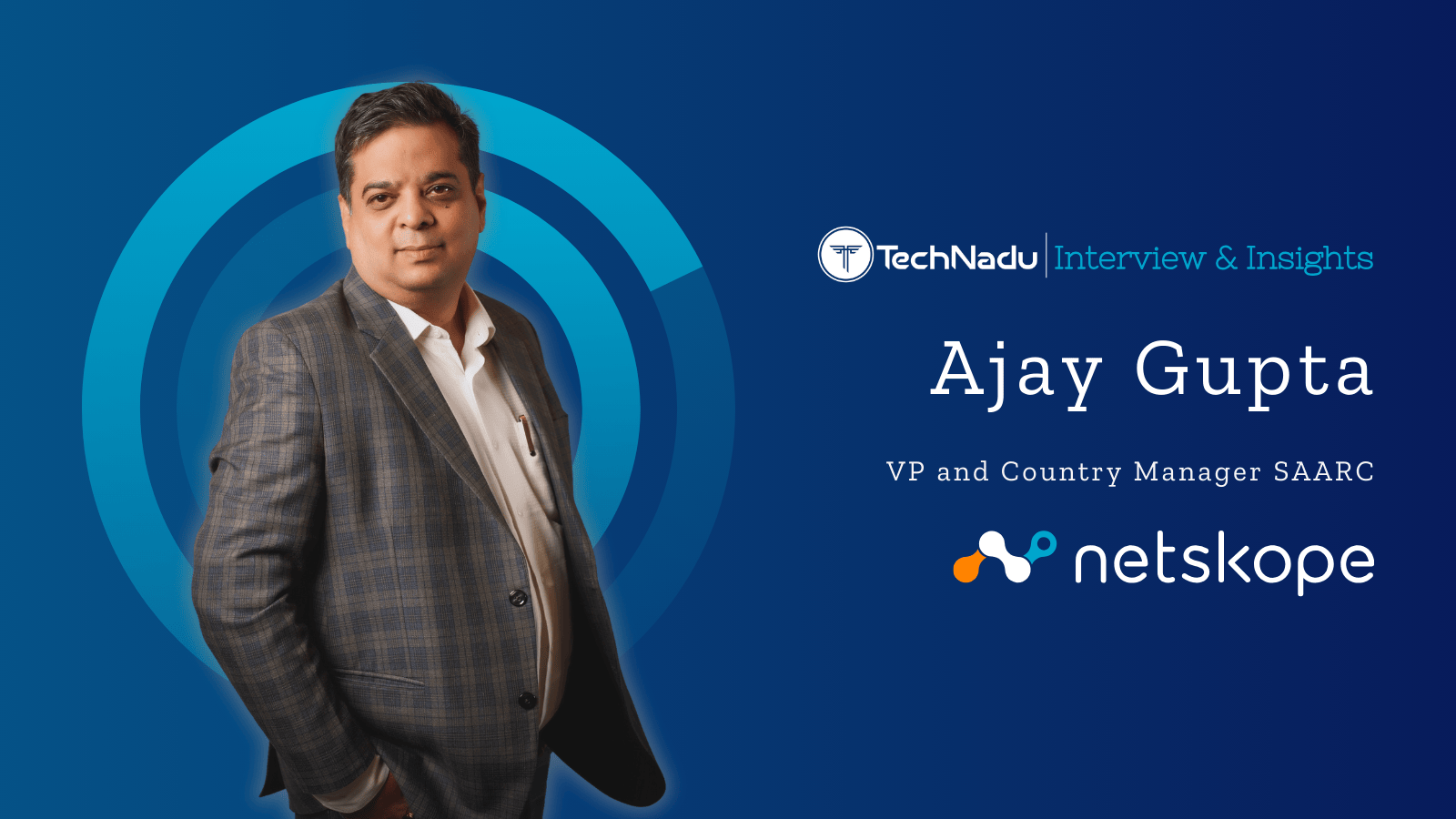
Asaf Ashkenazi of Verimatrix on How Hollywood Taps Into VOD Platforms
Verimatrix has been securing channels of content distribution for three decades now, so when it comes to transitions, there are few firms out there that have their experience and expertise. As we are now witnessing yet another passage from cinemas to online “video on demand” (VOD) platforms, we have reached out to Verimatrix’s COO, Asaf Ashkenazi, and had a quick interview on the topic.
Tell us a few things about how you decided to join Verimatrix and your role in the company.
I joined Verimatrix as Chief Strategy Officer after having served in a similar position at “Inside Secure,” the company that acquired Verimatrix in 2019. In January of this year, I was appointed Chief Operating Officer and head up the company’s research and development, product management, product security, marketing, and M&A strategy.
Working with the entire team at Verimatrix, I’m part of exciting, cutting edge technologies that touch countless parts of our everyday lives. If you’re banking on your smartphone, watching a streaming service, or surfing your cable channels, these are all things that we as a company are committed to protecting. It’s all about continual innovation, and it was an easy decision to join the company because of the constant praise by so many technological leaders that depend on our technology.
Consumers don’t know us – and we’re OK with that – it means we did something right for our B2B partners and customers that needed to fortify their content, apps, etc. So in the end, we’re protecting our customers’ customers. It’s a pursuit I’m humbled to help lead. Digital threats are ever-changing. Verimatrix is well-positioned for this never-ending challenge.
Verimatrix has been an expert in content security for over two decades now. Would you like to tell us a few things about the ride through format and platform changes in the past couple of years, and where you are standing today?
For a bit of a back story, I refer to my days before Verimatrix. More than 10 years ago, I accepted a role in product management at a global wireless technology company. I quickly realized that the high-definition (HD) VoD service was thought to be unattractive for mobile devices. Many in the industry believed that users would not be interested in watching HD movies on a relatively small smartphone screen. Those were the days of big-screen TVs. My collogues, and I thought differently, and we led one of the first HD streaming capabilities on phones. Of course, today, everyone watches everything on small screens in HD and even 4K. We wouldn’t have it any other way.
I like working with teams that have that forward-thinking, visionary approach. The world changes quickly, and you have to be adaptive. Things that may seem unlikely can be the norm in a matter of a few short years. That’s where Verimatrix shines – we have that drive to continually innovate for our customers. For example, now, anyone can create content to view. Anyone can create apps. So now it’s not just about changing HOW you view content. It’s now that ANYONE can create content and apps, reaching the world. We help our customers adapt to that new norm.
The company has now extended the scope of its services to cover the security aspect of a range of things, from healthcare data to automotive and from streaming platforms to mobile applications. How do you manage to handle such a wide spectrum? What is the cohesive factor that connects all that stuff?
The company saw a big need for protecting mobile applications. When the data reaches your mobile device, there is a huge possibility for exposure. Your mobile applications manage SO much of your life, your finances, your healthcare sessions, and your social life, just to name a few. People don’t realize just how susceptible they can become if an improperly secured app is installed and used on their mobile device.
One simple example is your car. Criminals no longer need to physically break into your car to take control or steal it. A new pathway to thievery is the associated mobile app. Today’s apps that car manufacturers offer to manage remote starting, remote stopping, locking, unlocking, location information, etc. are the new way to potentially attack vehicle owners. Not to mention, finding a way to do so on a broad scale with one certain vehicle make and model – that wouldn’t be a pretty scene.
So, the automotive sector is just one example of an industry that understands it must prioritize security not only for the vehicle itself but for the apps that connect to their car or run on it – regardless of whether they create their apps in-house or via software development houses.
How has the COVID-19 affected Verimatrix? We’ve seen a spike in VOD platforms and content streaming in general, so how did you manage to handle the additional load that developed almost overnight, and while having staff working from home?
To provide the needed security is to provide more than just security. For example, if you’re watching a football game, if the solution is crashing, it’s awful. RELIABILITY and consistency are absolutely vital – and that’s what our customers demand. We deliver it while others often fall short.
We accelerated moving our solutions to the cloud for our customers because if they are using on-premise security solutions, they still have to buy, install, management, and update equipment. If we do all of that remotely for our customers, it’s like gaining the best-in-the-business overnight.
As far as our actual business operations during the pandemic, Verimatrix is a very global company, and therefore we were already used to a distributed workforce. We didn’t see a big impact on how we operate.
Hollywood studios like Universal are now turning their attention to online streaming since cinemas remain closed. Even Disney joined the trend now with Mulan. Do you see good chances in this working out well, and could cinemas be rendered obsolete in the post-COVID era?
The new and old approaches for releasing content are going to co-exist. Yes, absolutely, there will be an obvious, ongoing change moving forward for Hollywood. That’s because the genie is out of the bottle. Once you give millions of people a new option for entertainment, there’s going to be demand.
Some scenarios will lend themselves to direct-to-home VOD release while others will find their way to cinemas for a variety of reasons. Cinemas are not dead. Just as VHS tapes and DVDs didn’t kill cinemas, direct to VOD won’t either. But the business model for Hollywood is definitely adapting and changing - to say the least. There are huge big-money decisions. It will be exciting to see what type of mix between VOD and cinema releases exists in two years, five years, and even 10 years from now.
Piracy remains a problem, and even when the copyright holders stream through encrypted channels, they are sometimes unable to lock down the distribution on their platform alone. How are hackers breaking and decoding the stream?
In most cases, criminals don’t hack the encryption. Most attacks on streaming are after the content is decrypted or before it is encrypted. This means that the content can be stolen from a compromised device, such as a set-top box, TV, or a smartphone, or someone, often an insider, is getting it from the video distributor. The security algorithm is usually not what is broken. It is the implementation of that algorithm that is compromised. There are exceptions to that, but it’s not the common path for piracy. Usually, it comes down to insecure implementations.
What is Verimatrix doing to address this problem? Do you have a superior technical approach that enables rights holders to lock the content distribution?
Verimatrix provides secure implementations of these algorithms and then adds multiple layers of security on top of it. Verimatrix addresses the entire life cycle of the content distribution, up to the implementation of the end device firmware or application.
What would you say to people who pirate content because they want to enjoy things that are available on a large set of different platforms?
For the consumer, one of the benefits they get from piracy is cheap content. Sometimes it is a convenience of getting different titles in one place. We need to remember that almost all pirates provide these illegal services for a reason. They make money. There are no free meals. Pirates often use these “cheaper” and “convenient” streaming services to compromise your device and steal your data, or to trick you into providing them valuable personal information.
You also develop multi-DRM and subscriber analytics services. Have you ever had a streaming platform ask you to help them tackle account sharing?
It’s all about keeping customers happy. People probably think it’s fine to share their password with their kid in college, for example. Attempting to define what account sharing is considered legitimate and in which cases a legitimate paying user cannot share its account is a minefield that most streaming services prefer to avoid. Controlling the number of users that can simultaneously use the service seems to be the compromise that video service providers chose. I don’t predict that incredibly strict password sharing policies that upset customers will exist any time soon. Minimizing customer churn is just too important right now.
What is the future of secure content distribution the way Verimatrix’s COO sees it? Where are we heading to?
Content distribution is becoming VERY wide. Look at the growth in gaming, e-sports, and just the sheer number of mobile apps available to all of us today. At Verimatrix, we protect content distribution from the service up to the utilization of that content at the end-device, and it doesn’t matter if this content is a streamed video or financial records.
Our technologies are applicable to different forms of content distribution and communications, from cars and telehealth to e-sports. It’s ever-growing. Verimatrix is honored to work with some of the biggest names in the technology sector to ensure powerful yet usable security is available for their specific needs.










